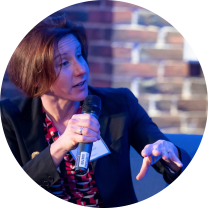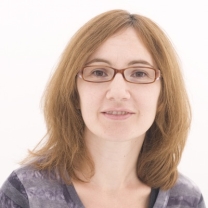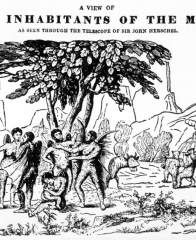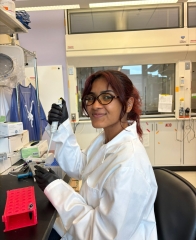 / A Summer at The Future Society
Subscribe
/ A Summer at The Future Society
Subscribe
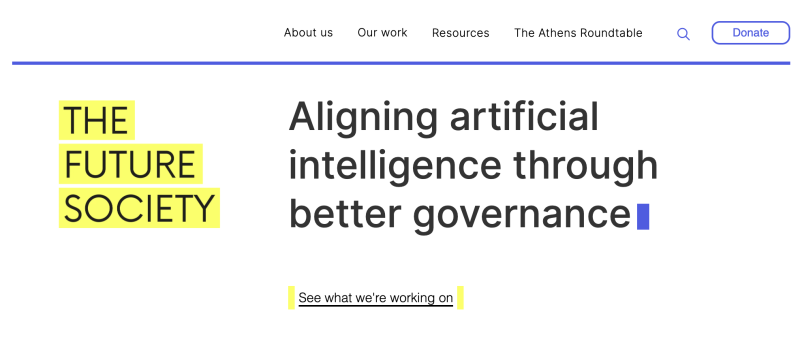
TFS partners with international institutions and government bodies to synthesize knowledge on AI governance and inform policymakers on how to design frameworks that ensure AI development aligns with human values. Within TFS, I worked specifically on the Global AI Governance team.
The organizational mission deeply resonated with my research background in human-computer interaction (HCI) and my liberal arts education as a sociology major, where I felt like I could use my research to generate real-world impact. During my internship, I worked on two key workstreams: researching the AI incident reporting ecosystem and supporting the campaign for global AI red lines.
The first workstream centered on AI incident reporting mechanisms. Just as aviation has established platforms to document accidents for safety analysis and prevention, efforts are underway to build similar systems for AI. These systems allow researchers and policymakers to analyze risks and prevent harmful incidents. My role involved studying existing platforms, such as the MIT Incident Tracker, the OECD AI Incident Monitor, and the AI Incident Database, and identifying gaps that hinder policymakers from effectively using these tools. Working with my team, I helped develop a structured methodology for analyzing incidents, demonstrating how such analysis can guide meaningful policy action. By the end of the internship, I co-authored and submitted a research paper to the Innovative Applications of Artificial Intelligence (IAAI-26) conference, outlining our novel methodology for AI incident analysis.
The second workstream involved supporting TFS’s campaign for global AI red lines. I contributed by drafting blog posts that explained what AI red lines are, why they are necessary, and how they might be established. I also collaborated with international stakeholders, synthesizing insights from events and frameworks such as the UN AGI Report and the World AI Conference in China. This workstream gave me valuable experience in collaborating with global civil society organizations, engaging with Nobel Prize–winning academics on the intersection of technology and governance, and working closely with colleagues to design an impactful campaign.
Before going into the internship, I set three goals that I wanted to achieve this summer.
1. Proactively learn about the global AI governance landscape and strengthen my communication and networking skills.
2. Build collaborative networks within TFS and with external partners.
3. Explore early career development by engaging more deeply with policy and legal advocacy in AI governance.
Looking back on the goals that I set for myself, I would say that I was successful in achieving all three. Overall, I would describe this summer experience as transformative, completely shifting my perspective on how research can be used to directly assist in combating real-world problems. This experience helped me build on my background working at the HCI lab, introducing me to the world of policy research. I also developed new communication skills, particularly in translating complex research findings for policymakers and stakeholders who may not come from technical backgrounds. As an aspiring legal professional committed to clarifying the boundaries between legislation and technological innovation, this internship reinforced my career goals and showed me firsthand the importance of bridging the gap between innovation and policy.
